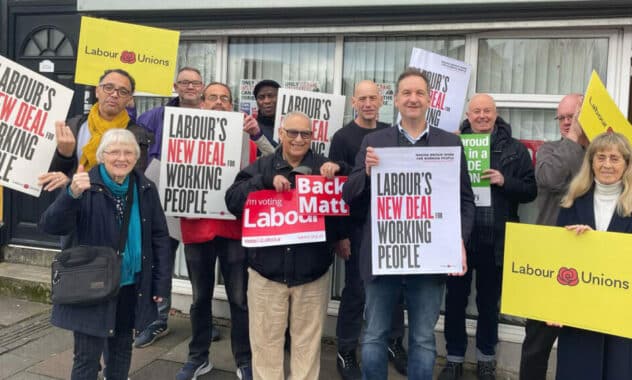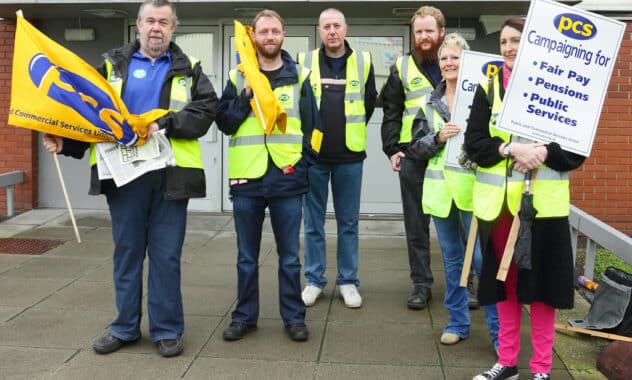Govt taskforce backs more flexible working
Both HR and trade union professionals are pushing for stronger rights to flexible working arrangements.

The government’s Flexible Working Taskforce is set to release guidance to employers encouraging them to make flexible working arrangements, including working from home, permanent after the pandemic.
This is in contrast to the views of senior figures in the Conservative Party, including Boris Johnson and Rishi Sunak, who want workers to return to offices in order to boost city centre economies.
But the Taskforce noted that increased flexible working has not cost the economy, with 71% of firms saying productivity either improved or stayed the same during national lockdowns, when most members of staff worked from home.
“This is an opportunity to shift ways of working, which have barely changed for generations,” said Peter Cheese, Co-chair of the Taskforce and CEO of HR association the CIPD.
“It will allow more people with other life commitments to participate in work and it will improve wellbeing,” he added.
However, Sue Coe, Policy Officer at the TUC and a member of the Taskforce, warned that flexible working rights must go further than simply allowing people to work from home in order to improve the lives of more than just the middle classes.
“We are concerned about the potential for a two-tier workforce emerging with the flexible working haves, who can work from home, and the flexible working have-nots, who cannot,” she explained.
Indeed, 44% of the workforce have not spent any of the pandemic working from home because their jobs could not be performed remotely.
“These workers need access to flexitime, part-time working, job shares. We need flexible working for everybody,” Sue Coe said.
The Taskforce’s guidance is expected to be published before 21 June 2021, currently slated as the day the economy will fully reopen. A government consultation on the matter is also anticipated.
“There have been mixed messages from the government,” Peter Cheese told the Guardian. “If the cities have far fewer people, local businesses are going to have to adapt.”
“We need to understand what the law is and what might have to change … But we are going to have to learn as we go along.”
One recommendation the Taskforce is expected to make is allowing new recruits an immediate right to apply for flexible working. It may also propose that firms publish their flexible working data.







